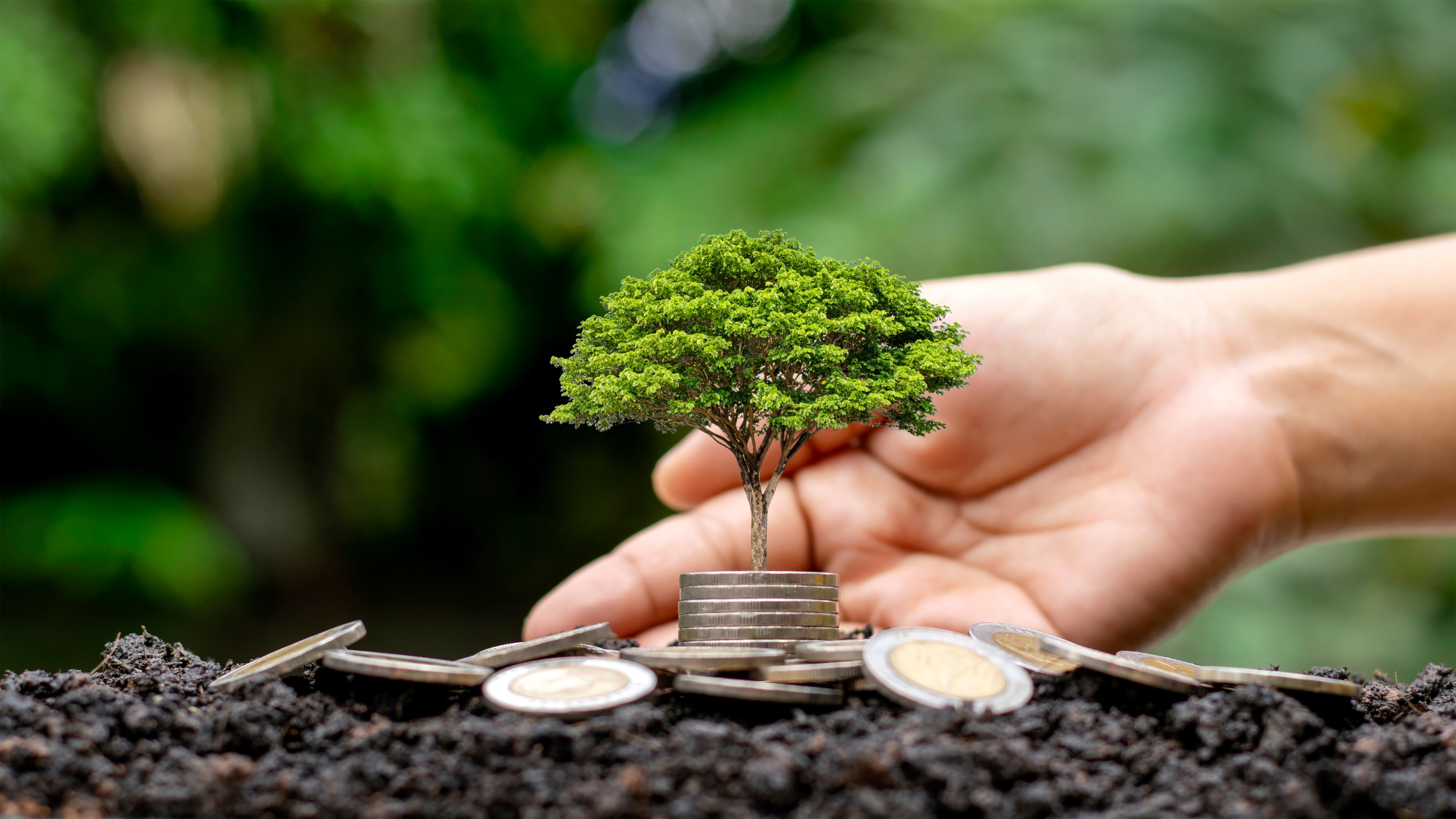The surge in renewable energy demand is gaining momentum as global trade tensions and strategic partnerships reshape energy policies. The ongoing trade war, driven by tariffs introduced under US President Donald Trump, has intensified concerns over energy security. Meanwhile, Indonesia’s new alliance with the New Development Bank (NDB) reflects a growing shift toward clean energy investment in the region.
Rethinking Energy Security in a Shifting Global Economy
Governments are now rethinking their energy priorities. Countries affected by trade disputes increasingly focus on local, sustainable sources to reduce reliance on volatile international energy markets. As energy markets fluctuate and fears of recession persist, clean energy has become a safer, more stable alternative.
“Countries are thinking about their energy security more than ever before and I think that means domestic renewables like wind and solar are becoming increasingly attractive,” said Euan Graham, electricity analyst at Ember, as quoted by Reuters.
Global Trade Tensions Shift Energy Priorities
The trade war has led to significant market instability, impacting both energy and equity sectors. As nations respond to unpredictable economic conditions, many are accelerating their transition to renewables. Governments are treating clean energy as a strategic asset rather than just an environmental solution.
For example, rising protectionism has underscored the importance of energy independence. The move away from fossil fuel imports is not only environmentally beneficial but also politically prudent. In this context, renewable energy demand is no longer just an environmental priority—it has become an economic necessity.
Indonesia-NDB Pact to Support Clean Energy Projects
Recently, Indonesia became a member of the New Development Bank, an international organization established by the countries of the BRICS group. This move strengthens the nation’s access to international funding for sustainable development, especially in energy and infrastructure.
“In this case, the NDB also wants to participate in the funding, especially for the projects we mentioned earlier, such as renewable energy, infrastructure, and others,” said Rosan Perkasa Roeslani, Minister of Investment and Downstreaming.
The partnership aims to reduce the cost of funding and accelerate clean energy adoption across Indonesia. According to Roeslani, “Since the NDB has a very strong credit rating, if it enters Indonesia and invests together here, its support will help reduce the cost of funding for our projects.”
Indonesia’s collaboration with NDB also includes waste-to-energy initiatives. “We were also invited to see firsthand what they’ve done, which aligns with the government’s program on converting waste into sustainable energy with positive impacts,” Roeslani added.
Renewable Energy Demand Rises Amid Economic Uncertainty
Despite economic challenges, global renewable electricity generation grew by 32% last year. This increase added 858 terawatt-hours (TWh) to the global energy system—exceeding the annual electricity consumption of both the UK and France combined.
“Despite geopolitical and economic headwinds, the renewable energy industry added 858 TWh of generation to the system last year—more than the combined annual electricity consumption of the UK and France,” said Bruce Douglas, CEO of the Global Renewables Alliance.
This rise stemmed from higher electricity usage across data centers, AI systems, electric vehicles, and heat pumps. In fact, these sectors alone accounted for 0.7% of global demand growth in 2024. Additionally, extreme heat increased the need for cooling, adding another 208 TWh to overall consumption.
Indonesia’s Path to Meet Renewable Energy Demand
Indonesia’s roadmap includes a mix of solar, wind, and waste-to-energy projects, with strong support from international partners like the NDB. This approach aims to meet rising energy needs while aligning with climate goals.
The Indonesian government sees these projects as essential to both national development and climate resilience. The NDB’s funding and experience in similar initiatives offer a strategic boost to Indonesia’s clean energy ambitions.
Strategic Alliances Strengthen Energy Resilience
Global trade disruptions and financial partnerships are significantly shaping the future of clean energy. Indonesia’s engagement with the NDB, alongside the growing push for energy security, positions the country to meet renewable energy demand with greater confidence and capacity.
Source: hijau.bisnis.com, katadata.co.id
Image: Arthon Meekodong/Canva Images


